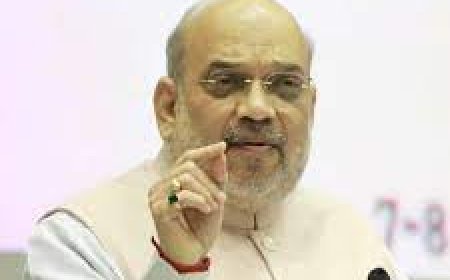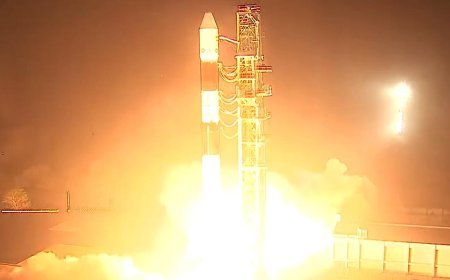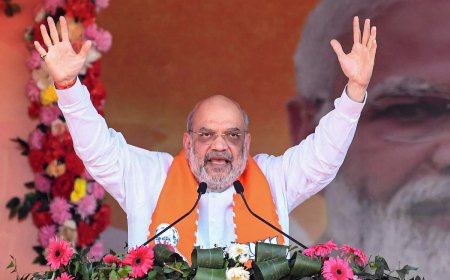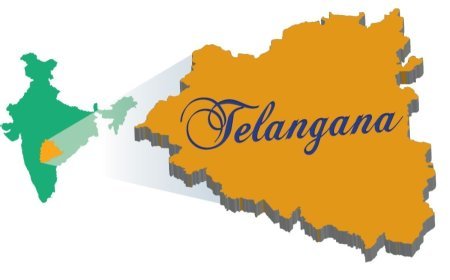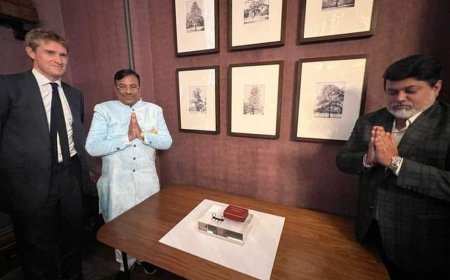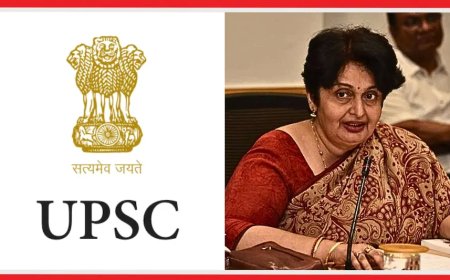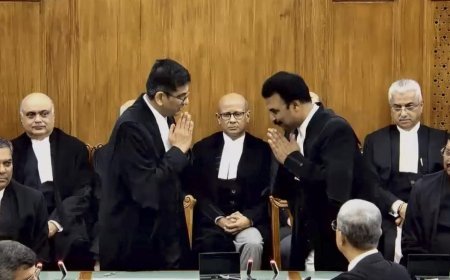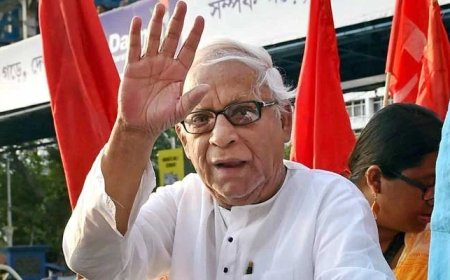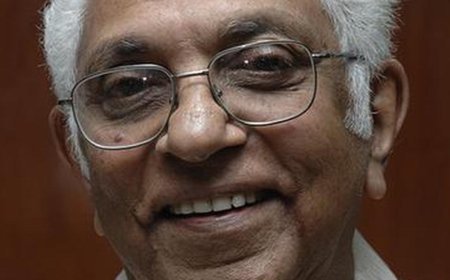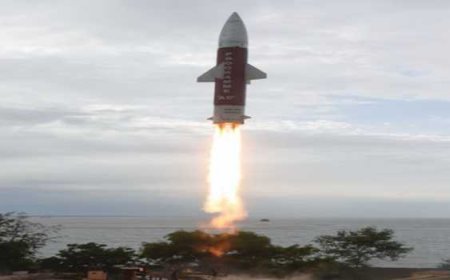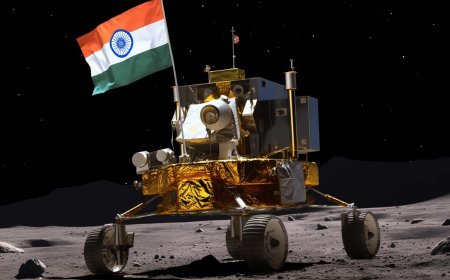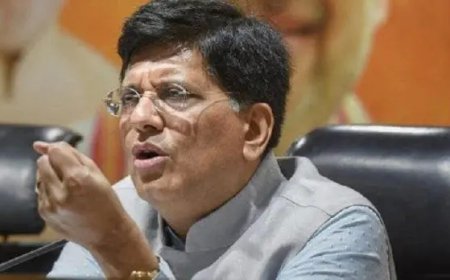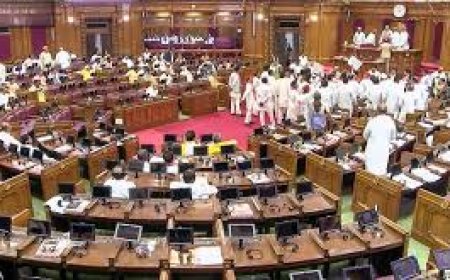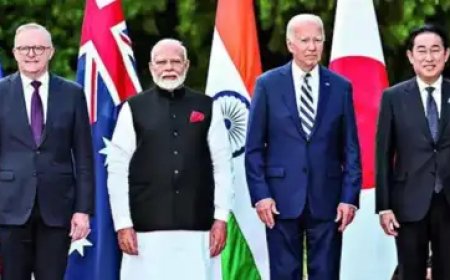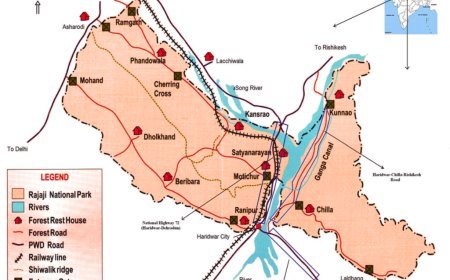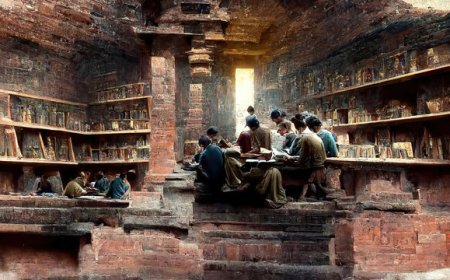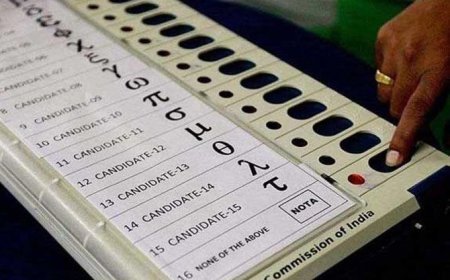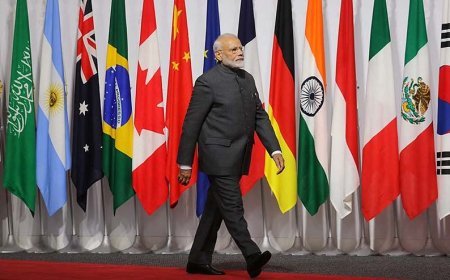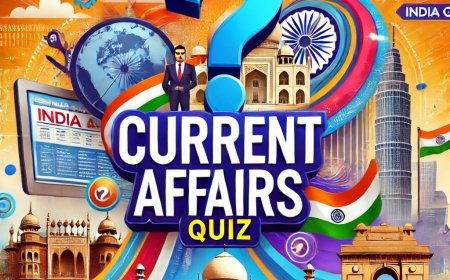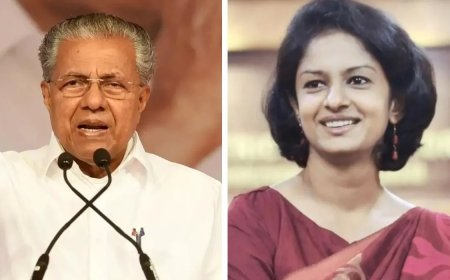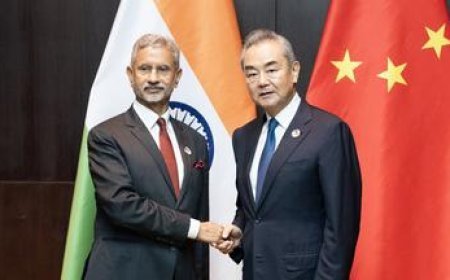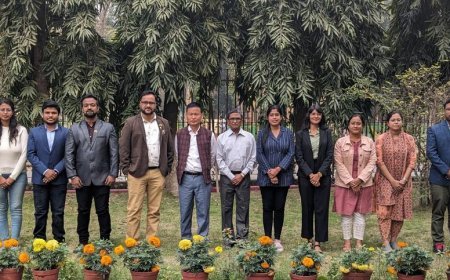News Analysis: India-Japan 2+2 Foreign and Defence Ministerial Meeting - A Comprehensive Overview
News Analysis: India-Japan 2+2 Foreign and Defence Ministerial Meeting - A Comprehensive Overview
Introduction India and Japan's third 2+2 Foreign and Defence Ministerial Meeting, held in New Delhi, has taken on new significance amid rising geopolitical tensions in the Indo-Pacific region. This dialogue, focusing on deepening bilateral cooperation, highlights both nations' strategic priorities and their shared vision for regional stability. This analysis not only covers the meeting's key outcomes but also delves into the broader economic, cultural, and historical contexts that frame this evolving partnership.
Key Outcomes of the 2+2 Dialogue
1. Commitment to a Free and Open Indo-Pacific
o India and Japan emphasized their mutual commitment to a free, open, and rules-based Indo-Pacific. This strategic alignment is driven by concerns over China's increasing military presence in the region. Both nations reinforced their support for ASEAN’s unity and centrality, endorsing the ASEAN Outlook on the Indo-Pacific (AOIP). This endorsement reflects a commitment to promoting cooperation, stability, and peace, grounded in the principles of the United Nations Charter.
2. Strengthening Defence and Security Cooperation
o Defence cooperation is central to the India-Japan relationship, with both nations recognizing it as a key pillar of their Special Strategic and Global Partnership. The meeting reviewed significant progress in joint military exercises, including Veer Guardian, Dharma Guardian, and JIMEX, all of which enhance interoperability between their armed forces. Additionally, advancements in unmanned ground vehicles (UGVs) and robotics cooperation were acknowledged, showcasing the technological depth of their defence collaboration.
3. Counterterrorism Efforts
o Both sides condemned terrorism and violent extremism, with a particular focus on cross-border terrorism. They called for justice for the perpetrators of the 26/11 Mumbai attacks and emphasized the need for global efforts to eliminate terrorist safe havens, disrupt financing channels, and halt terrorist movements. Specific groups like Al Qaeda, ISIS/Daesh, Lashkar-e-Tayyiba (LeT), and Jaish-e-Mohammad (JeM) were highlighted during these discussions.
4. Technological Cooperation
o The dialogue also focused on the transfer of Japan’s Unified Complex Radio Antenna (UNICORN) technology. This system, which enhances situational awareness and reduces radar signatures, represents a significant area of future defence technology cooperation. Both nations agreed to explore Japanese naval ship maintenance in India, further deepening their defence industrial partnership.
5. Women, Peace, and Security (WPS) Agenda
o The meeting underscored the importance of the Women, Peace, and Security (WPS) agenda, highlighting the critical role of women in peacekeeping operations. This aligns with the global framework established by UN Security Council Resolution 1325, which emphasizes women's participation in conflict resolution and peacebuilding efforts.
Broader Implications for Regional Diplomacy
India and Japan's shared vision for the Indo-Pacific is not just about countering regional threats but also about upholding a rules-based international order. Both countries view ASEAN as central to this vision, recognizing its strategic, economic, and geopolitical significance. For India, ASEAN is crucial to its Act East policy, which seeks to enhance trade, regional connectivity, and diplomatic influence across the Indo-Pacific. Japan, meanwhile, leverages its economic presence in ASEAN through development aid and infrastructure projects, reinforcing its role as a key economic partner.
The 2+2 Format: Significance and Partners
The 2+2 format of diplomatic dialogue, involving both foreign and defence ministers, allows for comprehensive discussions on strategic, security, and defence issues. For India, this format is crucial in building stronger partnerships and addressing mutual concerns. Besides Japan, India engages in 2+2 dialogues with the United States, Russia, Australia, Brazil, and the United Kingdom, using this platform to bolster defence and security cooperation and align on a multipolar world order.
Economic Cooperation: Building a Stronger Partnership
Japan is a significant economic partner for India, contributing to various infrastructure and development projects. The relationship was bolstered by initiatives like the "India-Japan Industrial Competitiveness Partnership" and the "Clean Energy Partnership," both aimed at promoting mutual investment and energy cooperation. Japan has pledged significant investments in India, including a commitment of 5 trillion yen (approximately USD 42 billion) over five years, with projects ranging from the Delhi Metro to the High-Speed Railway using Japan’s Shinkansen technology.
During the 2019 G20 Osaka summit, Japan and India signed a Memorandum of Understanding (MoU) to formalize a sister-city relationship between Ahmedabad and Kobe. This agreement builds on a 2016 MoU establishing a sister-state relationship between Gujarat and Hyogo Prefecture, aimed at promoting trade, tourism, and cultural exchange.
Cultural Exchanges: A Rich Historical Context
The cultural ties between India and Japan have deep historical roots, dating back to the 6th century with the introduction of Buddhism to Japan. These connections were further solidified post-World War II, with symbolic gestures like Prime Minister Jawaharlal Nehru’s donation of an elephant to Tokyo’s Ueno Zoo in 1949. This marked the beginning of renewed diplomatic relations between the two nations.
In recent years, cultural exchanges have been further emphasized, with 2017 being designated as the Year of Japan-India Friendly Exchanges. The "Japan-Southwest Asia Exchange Year" in 2022 also underscored Japan’s commitment to strengthening ties with India and other Southwest Asian countries. These initiatives reflect a continued effort to deepen people-to-people connections and foster mutual understanding.
Historical Context of India-Japan Relations
The India-Japan relationship has evolved significantly over the decades. After World War II, India played a crucial role in Japan’s recovery by providing iron ore and establishing diplomatic relations in 1952. The relationship grew stronger in the 2000s, with the establishment of a "Global Partnership" and later a "Special Strategic and Global Partnership" in 2014. This evolution reflects the growing importance of their bilateral ties in addressing regional and global challenges.
Conclusion
The India-Japan 2+2 Foreign and Defence Ministerial Meeting is a critical step in reinforcing the strategic partnership between the two nations. By addressing key issues such as regional security, defence cooperation, counterterrorism, and technological collaboration, this dialogue underscores their shared commitment to a stable and secure Indo-Pacific region. The broader implications of this partnership, including economic ties and cultural exchanges, highlight the deep and multifaceted relationship between India and Japan, which continues to evolve in response to the changing global landscape.
What's Your Reaction?









